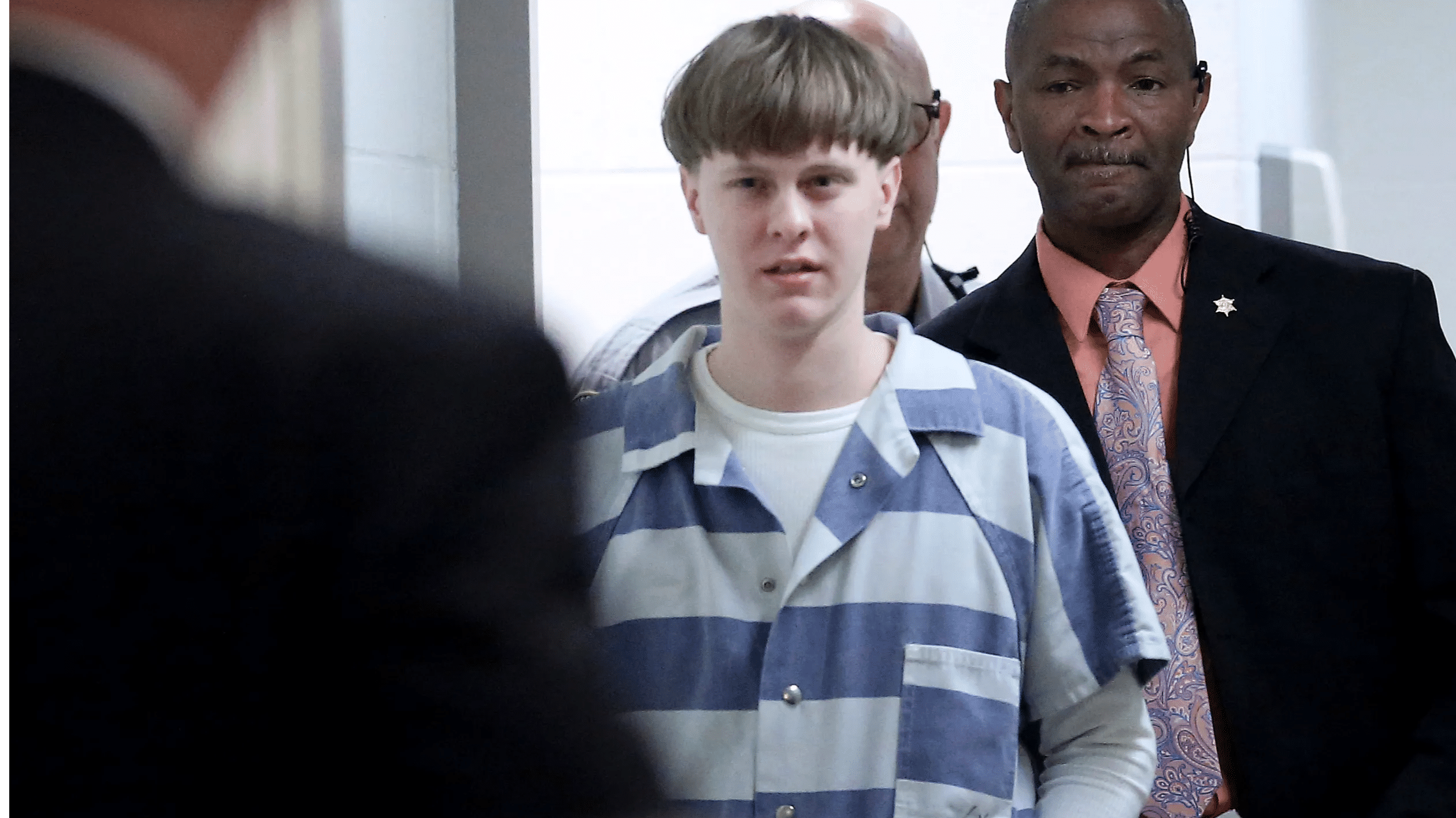A United States court, on Wednesday, retained the death sentence of Dylann Roof, who has been convicted for killing nine members of Black South Carolina congregation in 2015.
The court said the legal action taken against Roof can not capture the “full horror” of what he did, according to US media reports.
Authorities investigating the hate crime said that Roof, who was 21 years old at the time, rained down dozen of bullets at people attending the closing prayer of a Bible study at the church.
Also Read: Ex-reality TV star Josh Duggar’s lawyers file motion to dismiss child porn case
Two years later, Roof became the first individual in the United States to be given a death sentence for a federal hate crime, according to reports from Associated Press.
A unanimous three-judge panel of the 4th U.S. Circuit Court of Appeals in Richmond rejected arguments that the young white man should have been ruled incompetent to stand trial in the shootings at Mother Emanuel AME Church in Charleston.
Also Read: How a crew of New York thieves used an Apple Watch to steal $500,000
In his appeal, Roof’s attorneys argued that he was wrongly allowed to represent himself during sentencing, a critical phase of his trial. Roof successfully prevented jurors from hearing evidence about his mental health, “under the delusion,” his attorneys argued, that “he would be rescued from prison by white-nationalists — but only, bizarrely, if he kept his mental impairments out of the public record”, Associated Press reported.
The legal representation of Roof demanded a “proper competency evaluation” and also argued in favour of vacating the death sentence or sending the case back to the court.
Also Read: How AI-powered tech landed man in jail with scant evidence
The 4th Circuit found that the trial judge did not commit an error when he found Roof was competent to stand trial and issued a scathing rebuke of Roof’s crimes, according to reports from Associated Press.
President Joe Biden as a candidate said he’d work to end federal executions. White House press secretary Jen Psaki said in March that he continues to have “grave concerns” about it.







